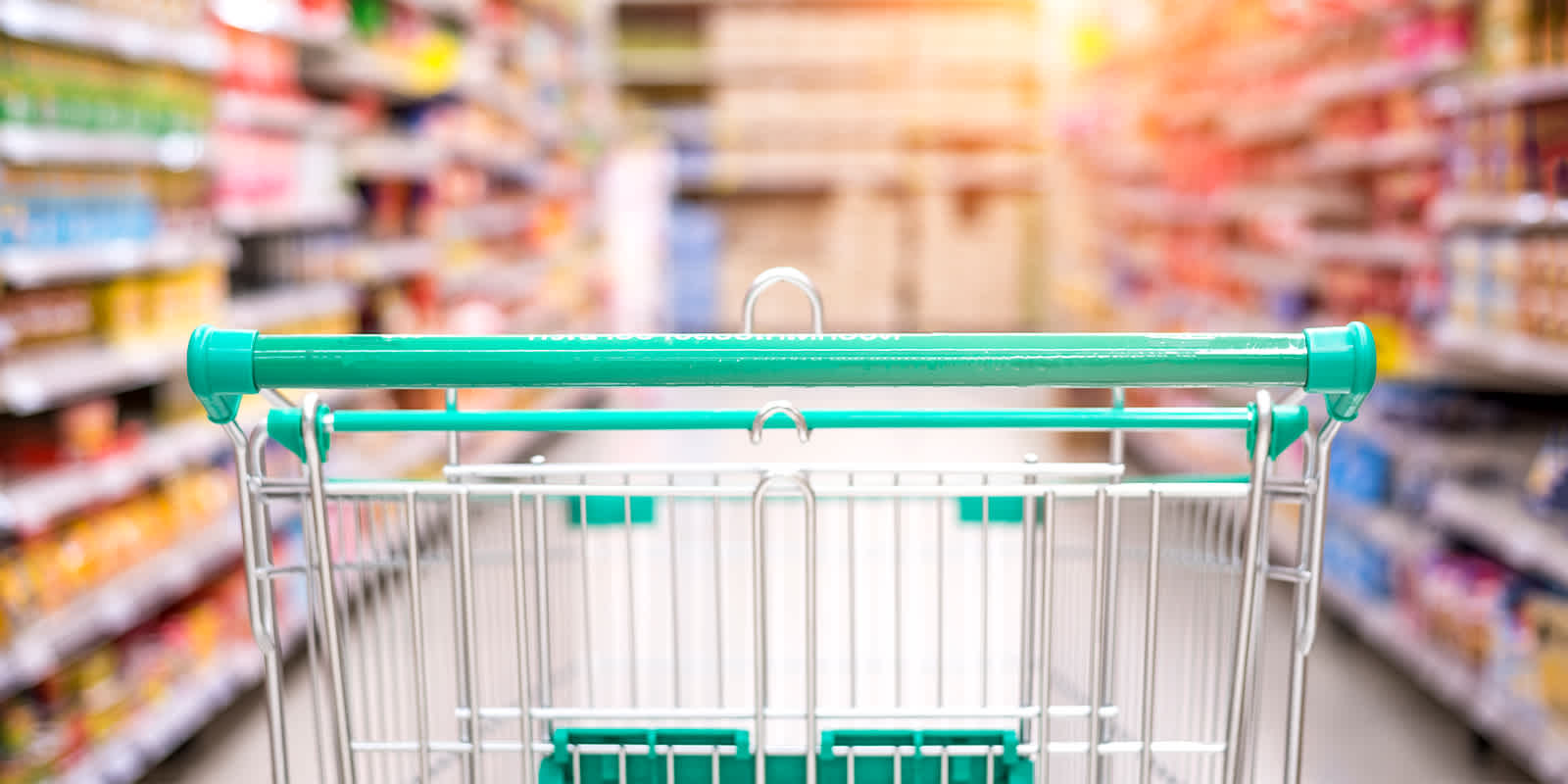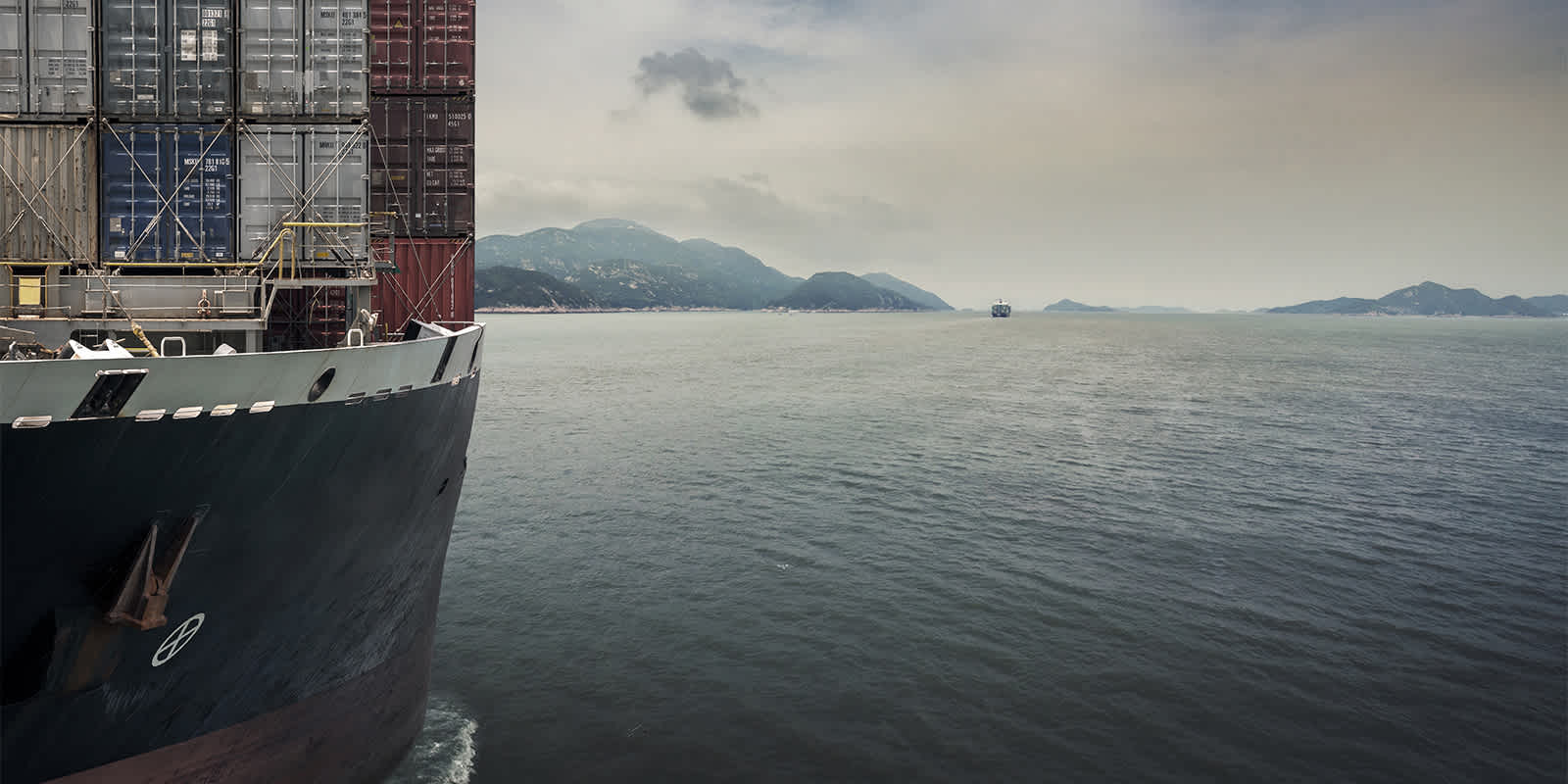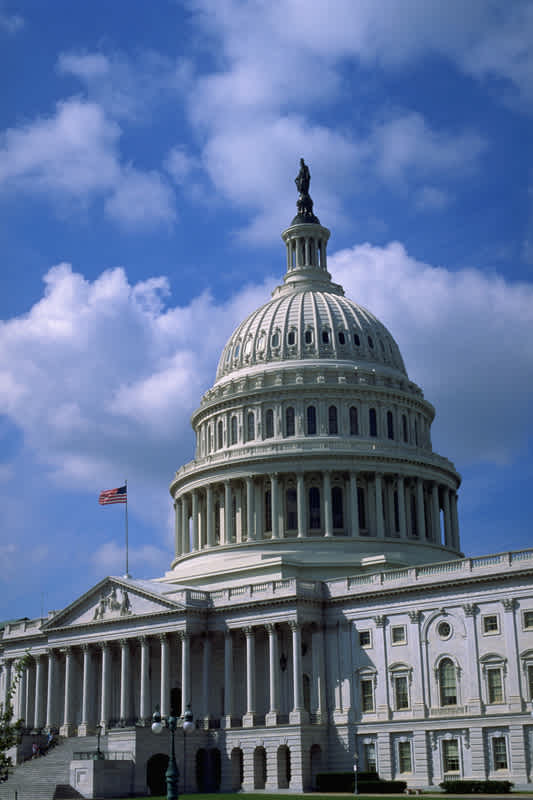
April 9, 2020
Global Supply Chains Come Under Scrutiny
Global Supply Chains Come Under Scrutiny
The coronavirus pandemic has not just cut into economic activity and limited trade flows, it has called into question whether global supply chains are a good idea. White House trade adviser Peter Navarro has suggested that the coronavirus crisis shows that the United States has offshored too much of its supply chain. This conclusion is remarkably similar to the view he espoused immediately before President Trump took office three years ago.
These questions are not only being raised in the United States, however. Bruno Le Maire, the French Finance Minister, has said the pandemic should prompt France to think about developing “economic and strategic independence” in key industries. The idea of supporting French national champion industries is not novel, either.
To the extent that it is really the events of the crisis that are prompting a reexamination of globally-distributed production, it’s worth looking at what, exactly, is the core supply chain problem. Surveying the landscape, it seems there are three central arguments:
1. Overreliance on a Single Supplier
The economic impact of the novel coronavirus was initially felt as a supply shock emanating from China. When Wuhan and surrounding Hubei province were quarantined, and when travel was restricted across China, Chinese products and parts were no longer shipping off to stores and factories around the world. This interruption, coupled with barriers that had been imposed by the US-China trade war, prompted an initial take that there was an overreliance on China.
Yet, in a matter of weeks, Chinese factories were coming back online. This did not restore the global economy to health; far from it. But the subsequent problems were emanating from outside China. Chinese factories had some difficulties getting key inputs for their production, as other economies began to close down. And revived Chinese production lines soon had to deal with order cancellations from hard-hit customers in Europe and the United States.
As supply chain problems continued, it became increasingly inaccurate to attribute them to a single country. That meant that supply chain diversification strategies, which had drawn ample attention during the trade war, did relatively little in the face of a pandemic hitting most of the world’s major economies.
2. Geographically Extended Supply Chains Risk Interruption
A second potential indictment of global supply chains could be linked to qualms about drawing medicines and protective equipment from producers so far away. Yet there has been very little to indicate that distance itself is a problem. While there have been disruptions to global transport—from cancellation of passenger aircraft flights to sharp reductions in ocean cargo sailings—flights have still been able to deliver relief supplies fairly quickly, albeit at higher cost.
Even if supply chains were entirely domestic, they would still be subject to disruption if, for example, there are interruptions to trucking or rail, or there are port closures. These shorter supply chains could also be more vulnerable to geographically localized shocks, such as storms, earthquakes, or other natural disasters.
3. Excessive Inter-Dependence
A third version of the concern about global supply chains may simply be the interdependence inherent in specialization. It may not be a question of a single worrisome supplier, nor of distance per se, but the general idea that we are reliant on others for key products.
This has been expressed most vociferously of late in the context of medical supplies. But the question is a more general one. In a moment of need, no one wants to be without important drugs or medical gear. Nor does one want to be without gasoline, toilet paper or, oddly enough, flour and yeast. The upside of specialized production is consumers have a huge variety of products available at relatively low prices. The downside is—and has always been—that specialization requires a degree of trust that others will do their part to keep supply coming. If I don’t grow or raise my own food, I’m highly dependent on the grocery store remaining open.
So, is domestic dependence less troubling than international dependence? Recent struggles to equip hospitals with personal protective equipment have seen US states competing against each other, while shipments of these materials have continued to flow in from China. Meanwhile, one of the most notorious cases of shortage in the US—toilet paper—concerns a good that is predominantly sourced from North America.
It should be no surprise that, in a time of turmoil, there is a questioning of economic approaches. That is exactly what is happening with global supply chains. And it is never a surprise when current events are taken as validation of pre-existing skepticism. But it is important to be specific about what went wrong. And how, if at all, a costly turn away from global supply chains would make anything better.





